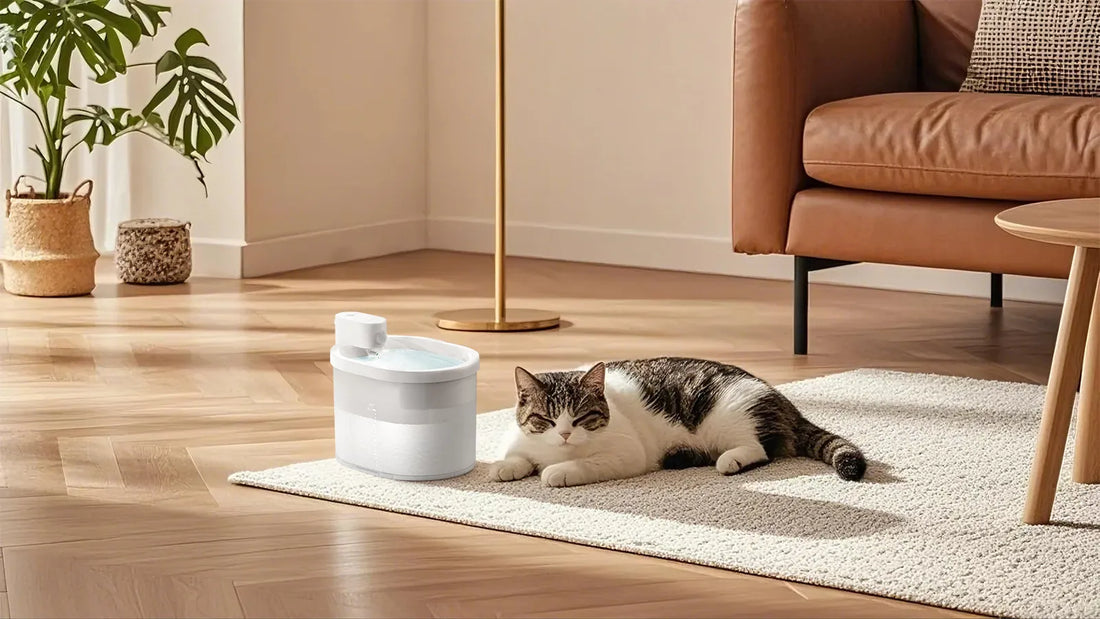Cat spraying in the litter box is a behavior that can leave pet owners puzzled and frustrated. While it may seem like a simple act of defiance or messiness, there are often underlying reasons why your cat might be exhibiting this behavior. Understanding these reasons is the first step toward finding a solution and ensuring your cat’s well-being.
Why Do Cats Spray in the Litter Box?
Spraying, also known as marking, is a natural behavior for cats. Unlike urinating, which is done to relieve themselves, spraying is a way for cats to communicate with their environment. Cats have scent glands in their paws, cheeks, and tails, but the most potent scent comes from their urine. When a cat sprays, they release a small amount of urine on vertical surfaces, often accompanied by a distinctive tail quiver. However, when this behavior occurs in the litter box, it can be confusing for pet owners.
There are several reasons why a cat might spray in their litter box:
- Territorial Marking: Cats are territorial animals, and spraying is one way they mark their territory. If your cat feels threatened by other pets or changes in their environment, they may spray in the litter box to assert dominance.
- Stress or Anxiety: Changes in the household, such as moving to a new home, introducing a new pet, or even rearranging furniture, can cause stress in cats. Spraying in the litter box may be a coping mechanism for their anxiety.
- Medical Issues: Urinary tract infections, bladder stones, or other medical conditions can cause discomfort while urinating, leading to spraying behavior. If your cat is spraying excessively, it’s essential to consult a veterinarian to rule out any health concerns.
- Litter Box Preferences: Cats are particular about their litter box. If the box is too small, dirty, or placed in an inconvenient location, your cat may spray as a way of expressing dissatisfaction.
How to Address Cat Spraying in the Litter Box
Once you’ve identified the potential cause of your cat’s spraying behavior, you can take steps to address the issue. Here are some effective strategies:
1. Provide a Clean and Comfortable Litter Box
Cats are clean animals, and a dirty litter box can be a major turn-off. Ensure the litter box is cleaned daily and completely emptied and washed at least once a week. Additionally, choose a litter box that is large enough for your cat to move around comfortably. If you have multiple cats, provide one litter box per cat plus an extra one to avoid competition.
2. Reduce Stress and Anxiety
If your cat is spraying due to stress, try to identify and eliminate the source of their anxiety. Provide a safe and quiet space where your cat can retreat when they feel overwhelmed. Using calming products, such as pheromone diffusers, can also help reduce stress and promote relaxation.
3. Address Territorial Issues
If your cat is spraying to mark their territory, consider creating separate spaces for each pet in your household. This can help reduce competition and minimize territorial disputes. Additionally, avoid introducing sudden changes to your cat’s environment, as this can trigger spraying behavior.
4. Consult a Veterinarian
If you suspect that your cat’s spraying is due to a medical issue, schedule a visit to the veterinarian. A thorough examination can help identify any underlying health problems and ensure your cat receives the appropriate treatment.
Preventing Cat Spraying in the Litter Box
Prevention is always better than cure. By taking proactive measures, you can reduce the likelihood of your cat spraying in the litter box. Here are some tips to keep in mind:
1. Maintain a Consistent Routine
Cats thrive on routine, and sudden changes can cause stress and anxiety. Stick to a consistent feeding, play, and cleaning schedule to provide a sense of stability for your cat.
2. Create a Cat-Friendly Environment
Ensure your home is a comfortable and stimulating environment for your cat. Provide plenty of scratching posts, toys, and climbing structures to keep your cat entertained and engaged. A happy and content cat is less likely to exhibit spraying behavior.
3. Monitor Your Cat’s Behavior
Pay attention to your cat’s behavior and look for signs of stress or discomfort. Early intervention can help prevent spraying before it becomes a recurring issue.
4. Use Positive Reinforcement
Reward your cat for using the litter box correctly. Positive reinforcement, such as treats or praise, can encourage good behavior and strengthen the bond between you and your cat.
Cat spraying in the litter box can be a challenging issue to deal with, but with patience and understanding, it’s possible to address the root cause and find a solution. By providing a clean and comfortable environment, reducing stress, and consulting a veterinarian when necessary, you can help your cat feel secure and content. Remember, every cat is unique, and what works for one may not work for another. Stay observant, be patient, and your feline friend will thank you for it.














